Discover the top-rated RV parks and campgrounds in Colorado
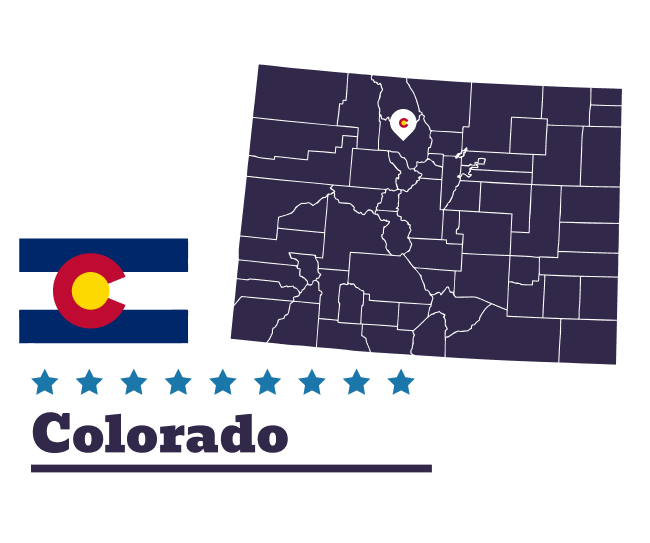
Colorado and its stunning mountains, alpine lakes, and scenic highways make it a top destination for RV travelers. Fortunately, there’s a campground for every type of RVer, whether you prefer exploring Rocky Mountain National Park, driving the Million Dollar Highway, or camping near mountain towns like Aspen or Telluride. With Fireflies & Campfires, you can easily find sites that will match your needs, including remote boondocking locations and full-hookup RV resorts. Check out some of Colorado’s most popular RV parks, and plan your next high-elevation escape with the tips below.
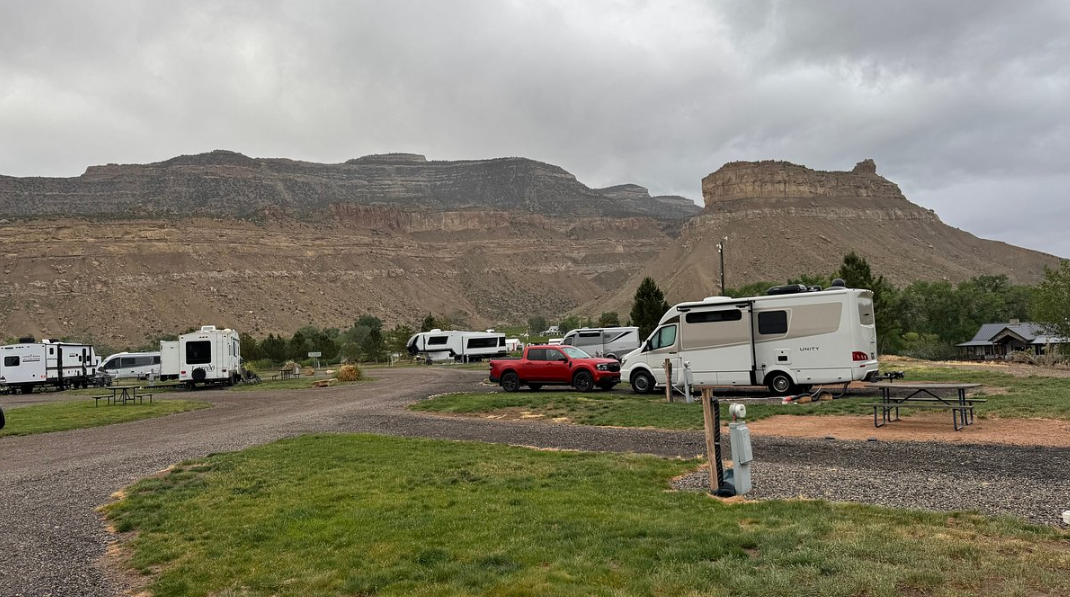
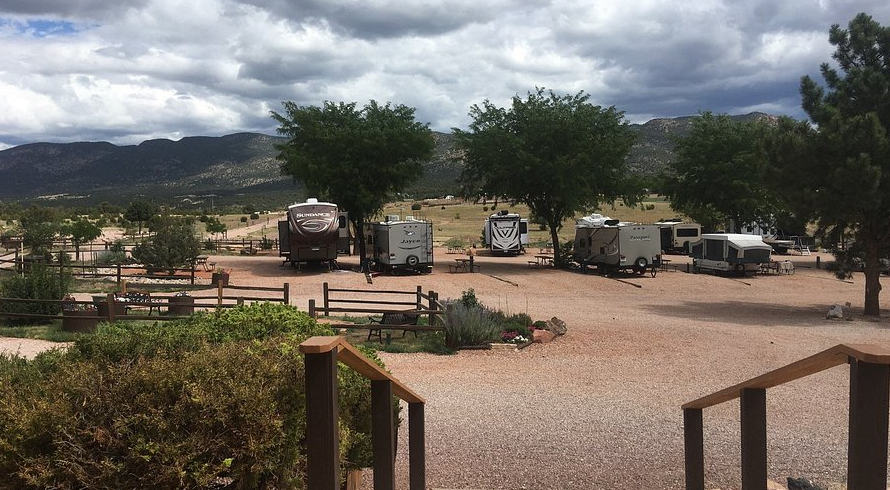
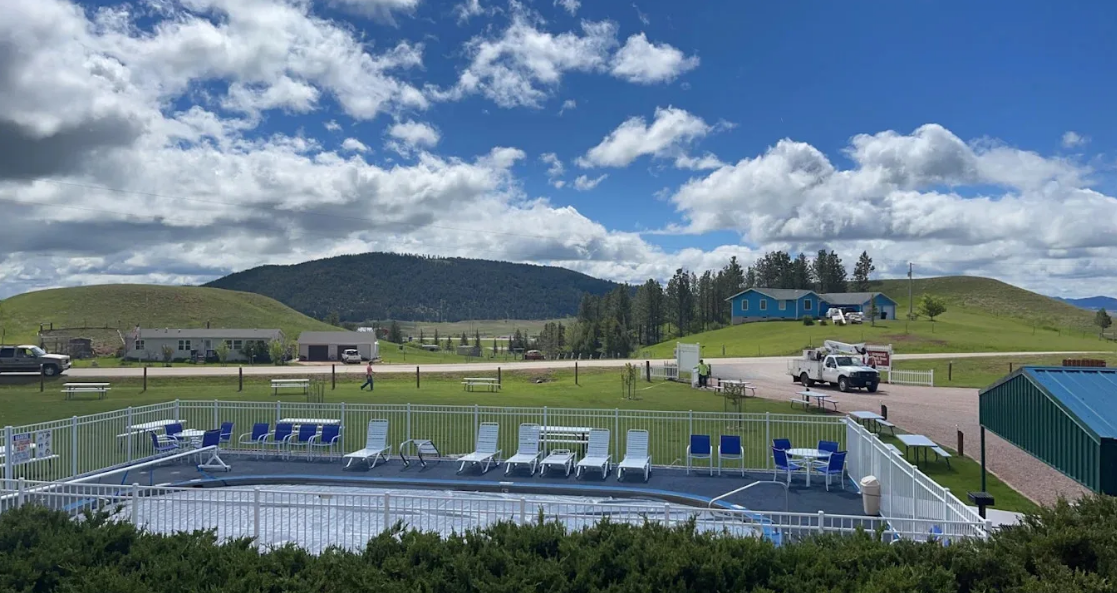
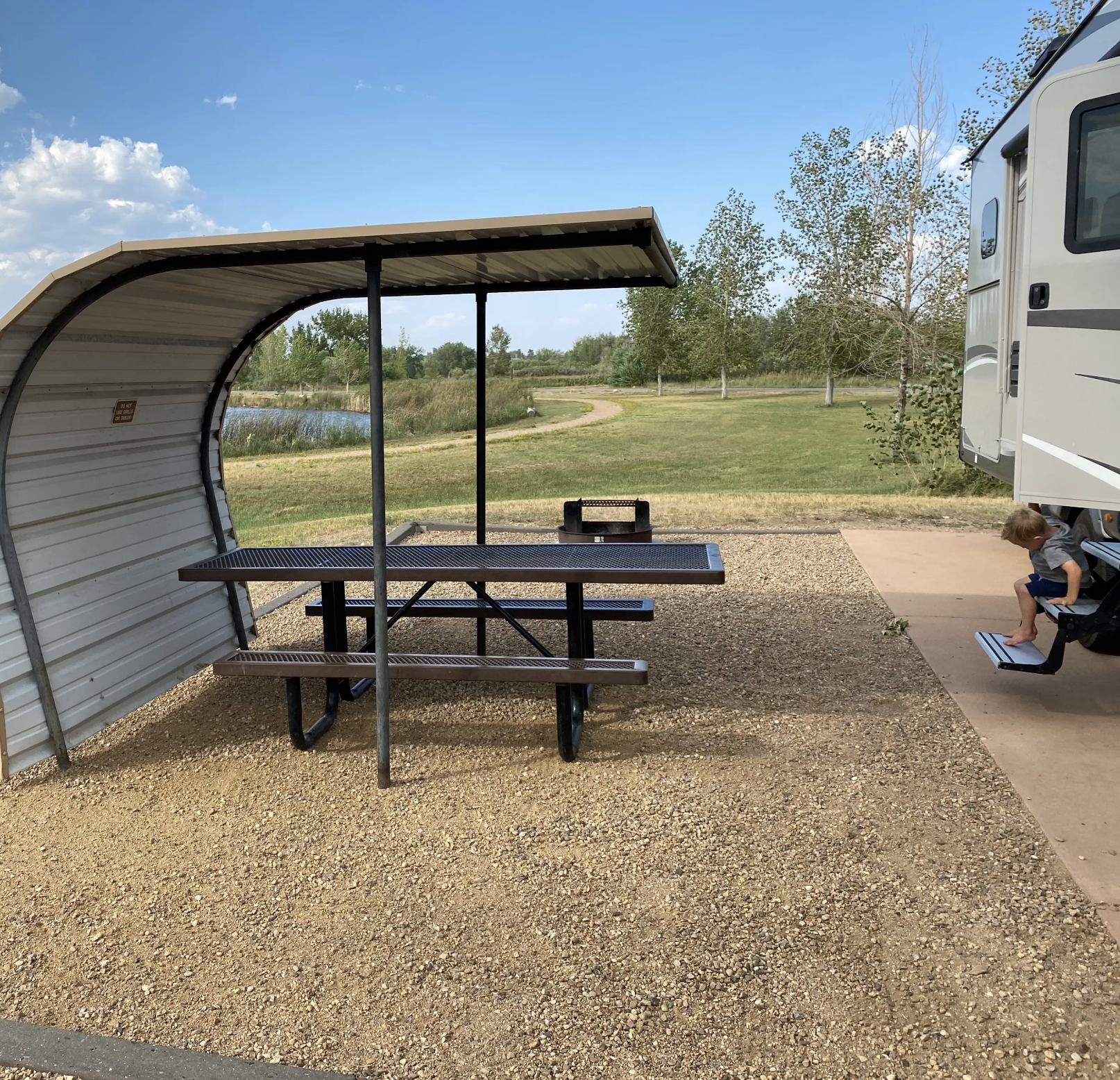
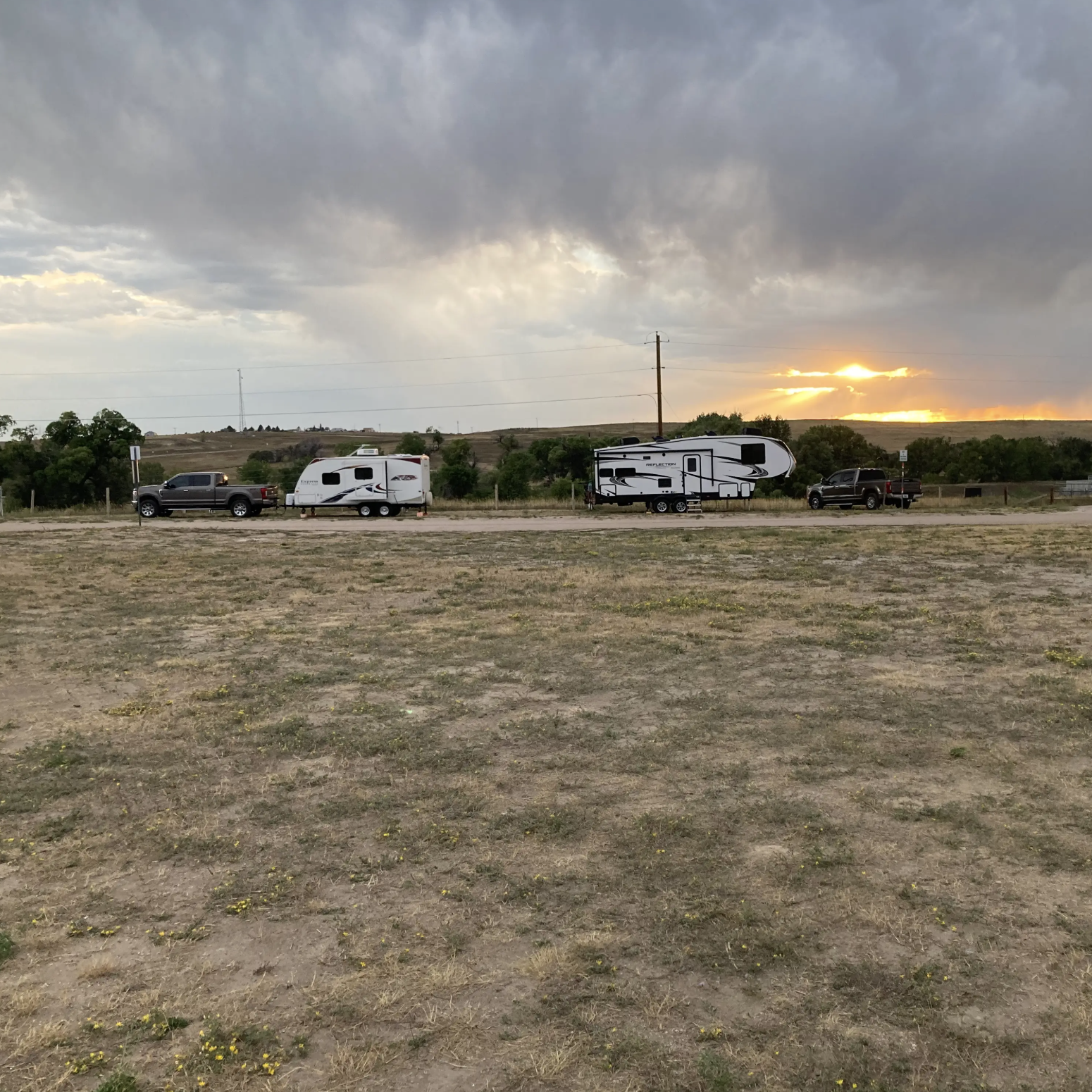
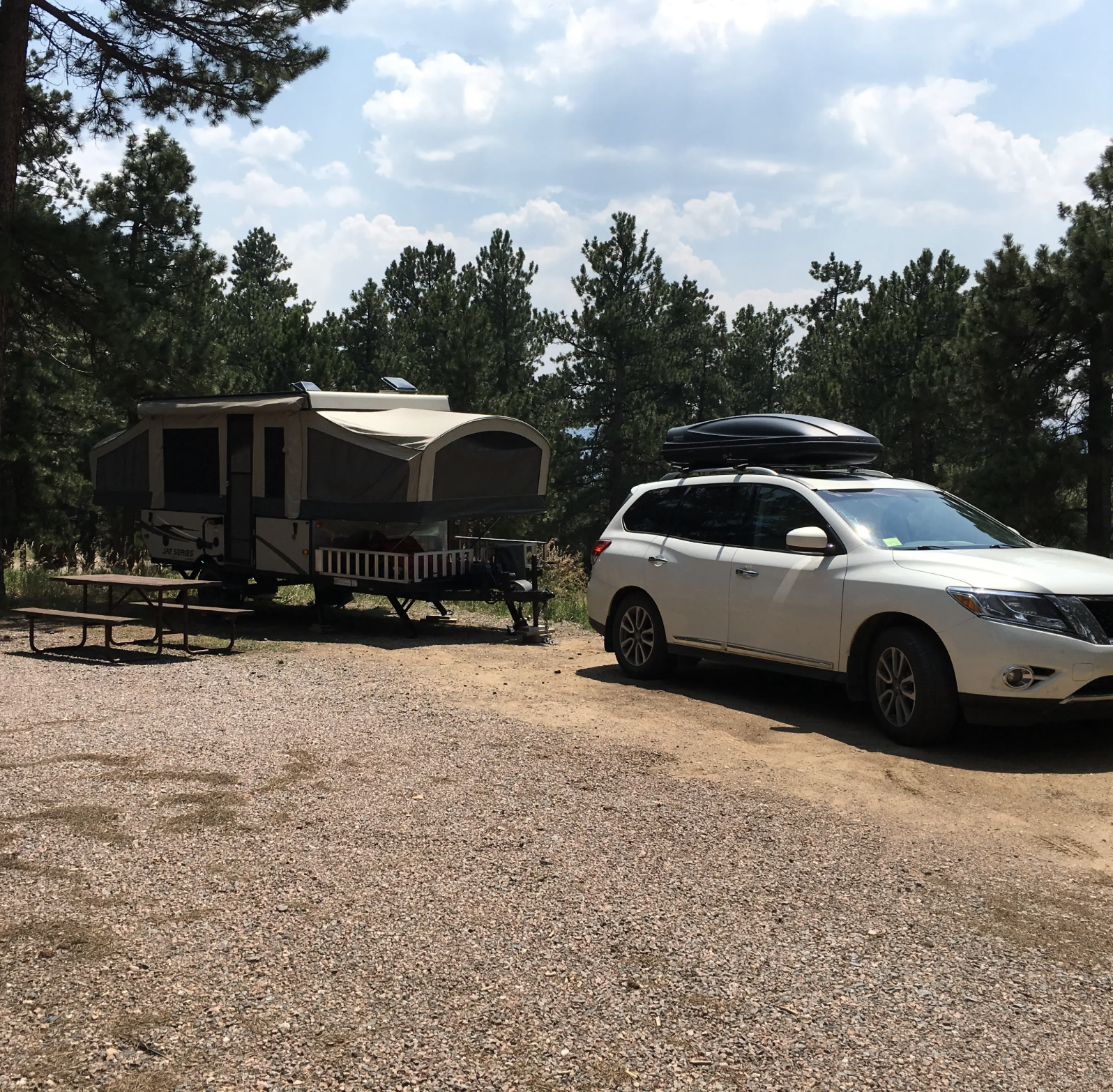
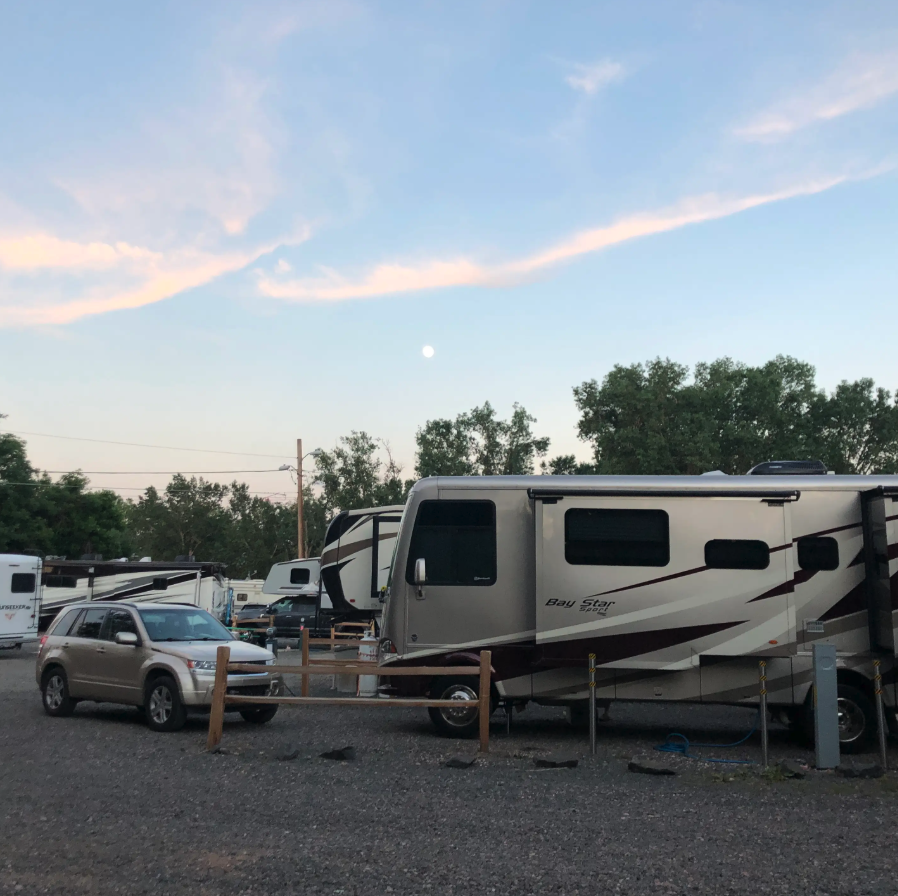
1. Expect High Altitudes and Steep Roads
RVing in Colorado requires some careful preparation. You could end up climbing mountain passes and camping above 8,000 feet. This altitude can impact your RV’s engine performance and generator efficiency, and even your own body. Make sure your brakes are in good shape, avoid prolonged heavy acceleration on inclines, and give your engine breaks between climbs. Plan out where you’ll get water so you’ll be able to stay hydrated, and include an extra day or two to acclimate if you’re arriving from sea level. Many passes, like Independence or Trail Ridge Road, may also close due to snow into early summer, check ahead before heading out.
2. Plan to Make Early Reservations for Popular Areas
The one caveat about Colorado is it can be tough to get a spot in desirable areas. RV parks near major attractions often sell out months in advance, especially during summer and fall foliage season. Campgrounds near Estes Park, Durango, and Buena Vista are in high demand. If you’re planning to stay in or near a national park, state park, or tourist town, make reservations early. Alternatively, consider weekday arrivals or shoulder seasons like late spring and early fall to beat the crowds and enjoy more open sites.
3. Wild Camping is Plentiful, But Be Self-Contained
Colorado offers outstanding boondocking on National Forest and BLM lands, especially in the San Juan, Gunnison, and Roosevelt National Forests. However, you’ll need to be fully self-contained, as services are sparse. Top off your tanks and charge your batteries before heading out. Be prepared for sudden weather changes, including hail and afternoon thunderstorms. Campfires are frequently banned due to wildfire risk, so follow posted restrictions and pack out everything you bring in to help preserve Colorado’s wild spaces.
Do you own, manage or market a RV campground and are looking for ways to grow your bookings?
List your resort or campsite in our RV parks and campground directory today and connect with campers actively planning their next trip. Our growing community is searching for places just like yours — don’t miss out on new bookings.